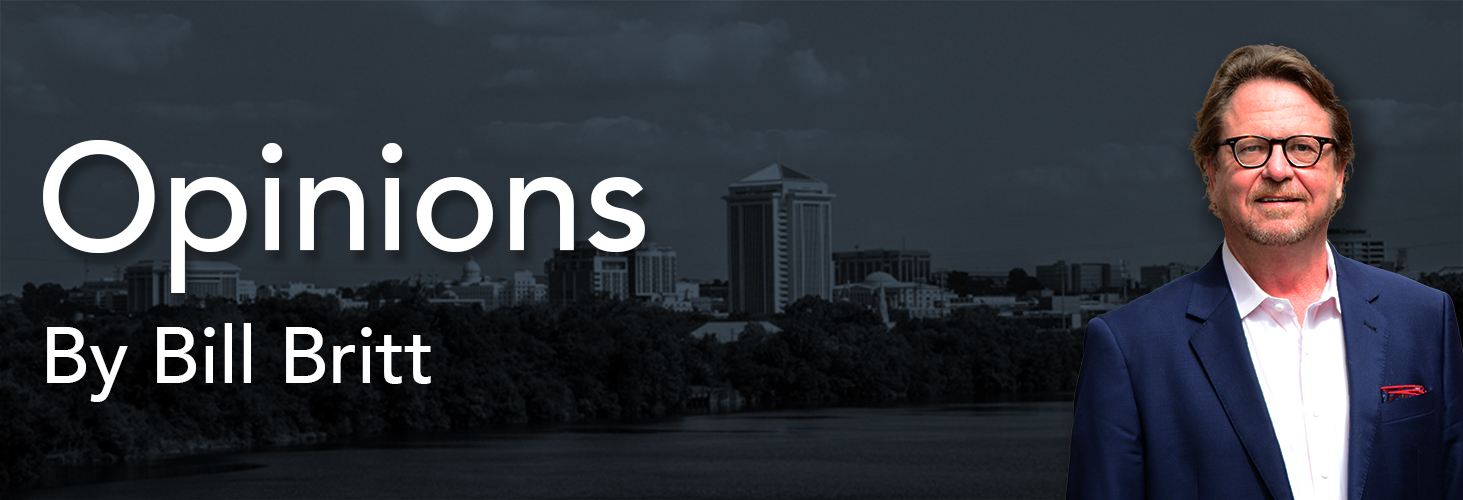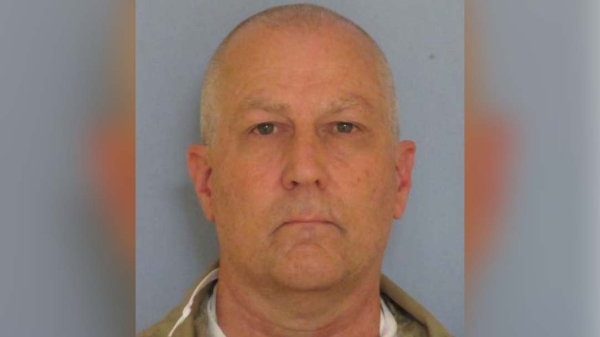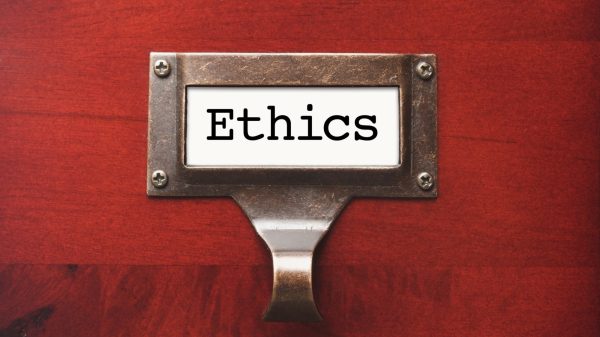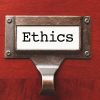By Bill Britt
Alabama Political Reporter
MONTGOMERY — Over the last year, Hubbard has used around $300,000 in campaign contributions from his personal account to pay his criminal defense team. Hubbard has never publicly addressed this issue, however, several news outlets around the State have noted that he was using the funds in accordance with former Attorney General Bill Pryor’s opinion issued in 2000.
In the opinion, Pryor drew the conclusion that, “Excess campaign funds may be used by an incumbent office holder to pay legal fees incurred pursuant to the defense of a criminal indictment if the indictment is related to the performance of the duties of the office held.”
There are two parts to this statement by the former Attorney General. First, the funds must be “excess campaign funds.” The second, is that the indictment must be “related to the performance of the duties of the office held.”
Hubbard is the Representative of District 79, he is also the Speaker of the House; which of the 23 felonies charges against him are related to the performance of the duties of the office?
Have the hundreds of thousands in campaign donations Hubbard spent on his criminal defense team been excess funds? In basic terms, “excess” means an amount of something that is left over or necessary. Hubbard has paid his attorney fees out of what was in his account, not out of what was left over.
Hubbard is accused of using his office for personal gain, of soliciting and receiving money and other things of value from lobbyists or principles of lobbyists. How are any of these act related to his duties as Speaker or a Representative of District 79?

“Contributions to an office holder, a candidate, or to a public official’s inaugural or transitional fund shall not be converted to personal use.”
Can he also be in violation of Alabama Code – Section 36-25-5?
“(a) No public official or public employee shall use or cause to be used his or her official position or office to obtain personal gain for himself or herself, or family member of the public employee or family member of the public official, or any business with which the person is associated unless the use and gain are otherwise specifically authorized by law. Personal gain is achieved when the public official, public employee, or a family member thereof receives, obtains, exerts control over, or otherwise converts to personal use the object constituting such personal gain.”
By using campaign contributions, Hubbard has avoided having to spend his own money on his criminal defense. It would seem he has profited from his office because these donations would not have been made if he were not an elected official.
It would seem to be without question that the money he has received from PACs controlled by lobbyists and those associated with those who employ lobbyists would fall under Section 36-25-5.1, which states:
“(a) No lobbyist, subordinate of a lobbyist, or principal shall offer or provide a thing of value to a public employee or public official or to a family member of the public employee or family member of the public official; and no public employee or public official or family member of the public employee or family member of the public official shall solicit or receive a thing of value from a lobbyist, subordinate of a lobbyist, or principal. Notwithstanding the foregoing, a lobbyist, or principal may offer or provide and a public official, public employee, or candidate may solicit or receive items of de minimis value.”
If words have any meaning, then the two caveats in Pryor’s opinion surely mean that Hubbard’s criminal indictments must arise from his official duties and that the money be leftover after campaign expenses, both of which do not seem to be the case.
Perhaps this is a situation much like the one in Lewis Carroll’s Through the Looking-Glass, when Alice is having a conversation with Humpty Dumpty. In the dialogue, there is a discussion about the meaning of a word:
“When I use a word,” Humpty Dumpty said, in rather a scornful tone, “it means just what I choose it to mean—neither more nor less.”
“The question is,” said Alice, “whether you can make words mean so many different things.”
“The question is,” said Humpty Dumpty, “which is to be master—that’s all.”
For now, Hubbard, along with some reporters, are determining the meaning of Pryor’s opinion, regardless of the meaning of the words.



















































